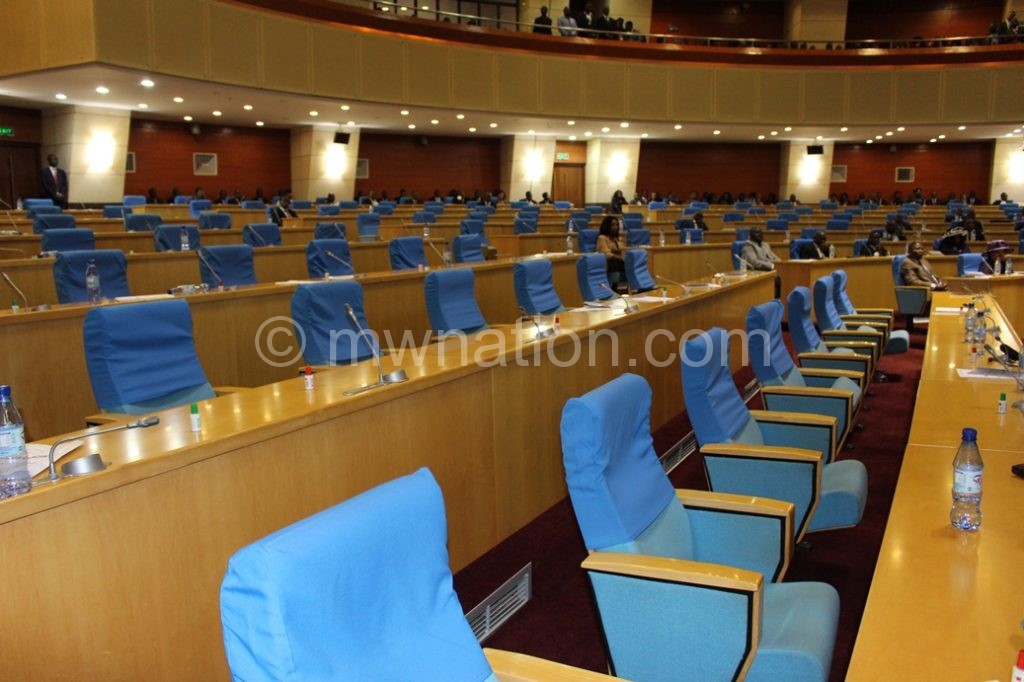Committee proposes zero-deficit budget
Budget and Finance Committee of Parliament has advised Treasury to consider implementing a zero-deficit budget to cushion the country from rising public debt stock.
Memories of a zero-deficit budget are still fresh when on May 23 2011, during the opening of the 2011/12 budget meeting of Parliament, former president the late Bingu wa Mutharika announced that government would run on a zero-deficit budget at a time donors pulled out their budget support.

However, it was later established that Treasury had borrowed from commercial banks to shore up revenue to cover the budget deficit during the 2011/12 fiscal year.
In an interview last week, Budget and Finance Committee chairperson Sosten Gwengwe said the country’s appetite for borrowing has reached unprecedented levels and time has come for Treasury to take “painful” austerity measures to contain the situation.
He said the increased debt stock level is a clear indication that the country has in the past failed to live within its means as authorities are spending beyond the budget.
Said Gwengwe: “We need to be moving towards the zero deficit budget and this can be achieved through strict austerity measures from the top political leadership.
“The truth of the matter is that we have over-borrowed and it needs urgent and drastic measures to deal with the problem because we cannot just be watching.
“What is making government to have big deficits is because it wants to pose big, spend lavishly to show it is a big Dad who can supply everything to the children which will never happen.”
Treasury spokesperson Davies Sado, in a written response, agreed with Gwengwe on the need for government to live within its means, but was quick to blame Parliament for partly lobbying for more resources in some votes when the budget is presented in Parliament.
“It should be noted that some of the expenditures in the budget are statutory in nature as such to implement the zero-deficit budget implies cutting expenditure.
“Going forward, Treasury will focus on activities or borrowing for activities that will spur growth,” he said.
Earlier, Reserve Bank of Malawi (RBM) Governor Dalitso Kabambe said the country’s foreign and domestic debt has reached unprecedented levels and advised Treasury to contain the trend.
Figures show that public debt stands at $4.3 billion (about K3.2 trillion) or 68 percent of gross domestic product (GDP) with domestic debt at $2.2 billion (about K1.6 trillion) or 34 percent of GDP and external debt is at $2.1 billion (about K1.5 trillion) or 33 percent of GDP.
The figures are above the internationally recommended threshold of 20 percent of GDP for domestic debt and 30 percent of GDP for external debt.





